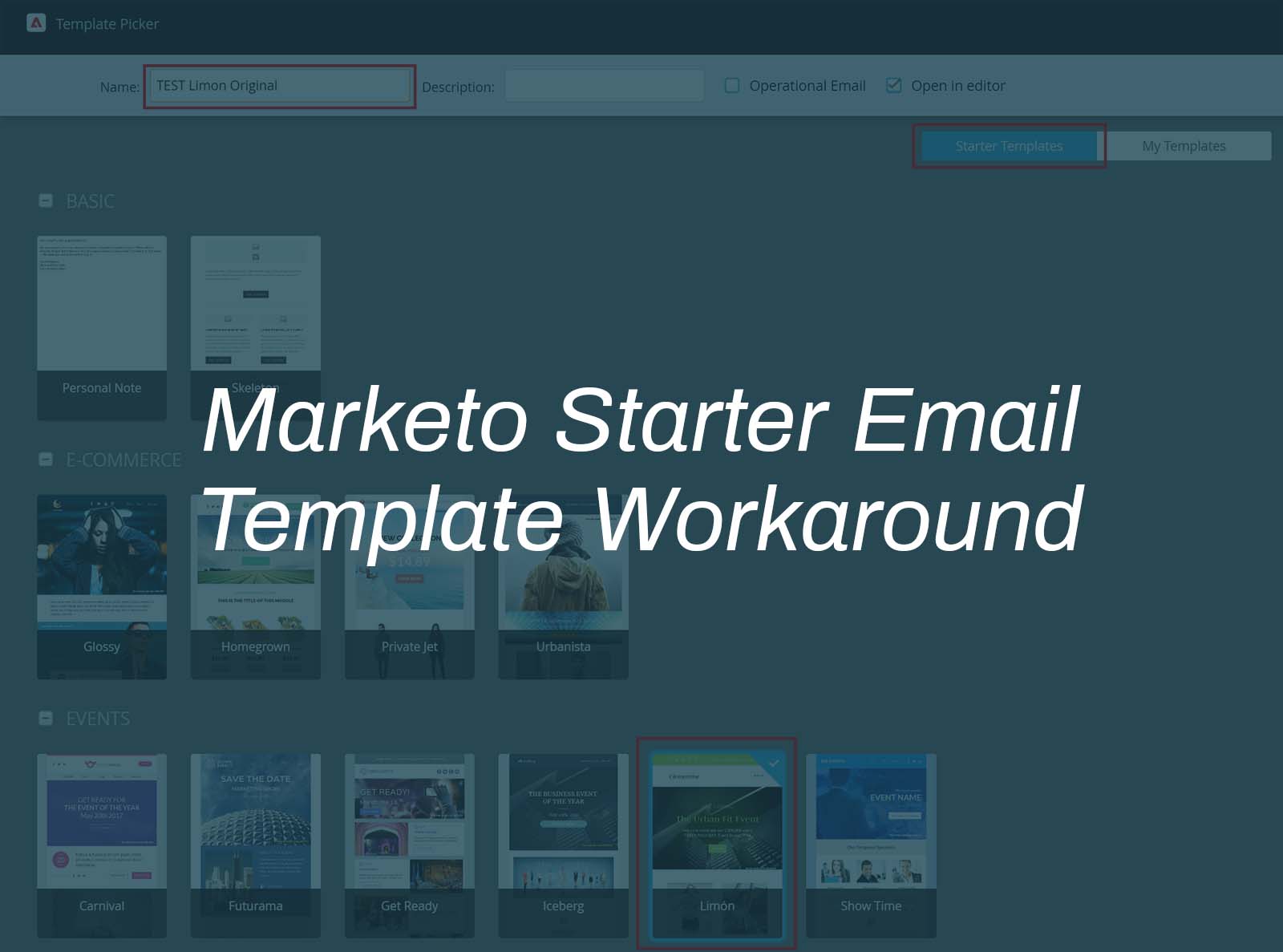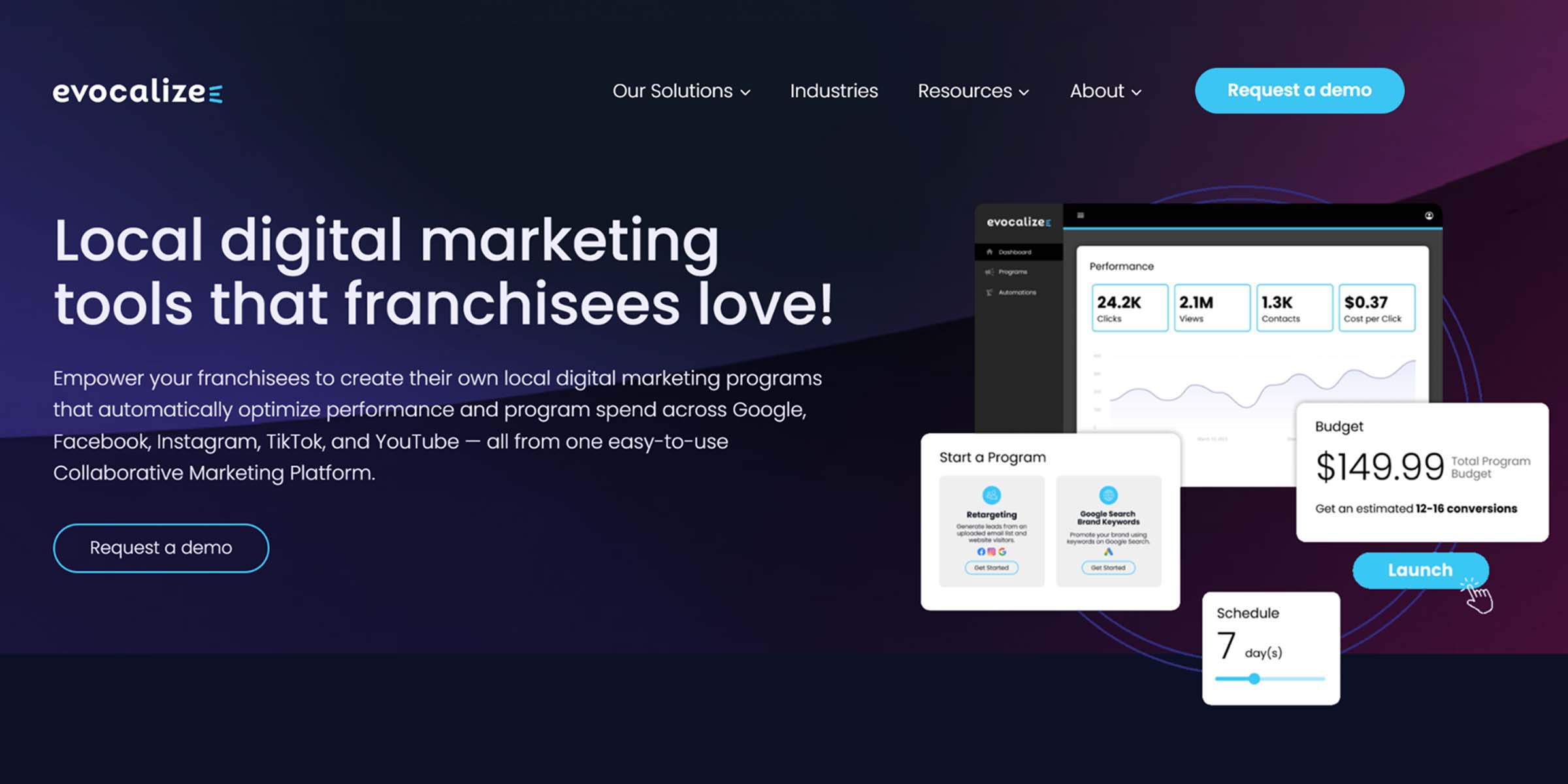Best Practices | Common Questions | HubSpot | Marketo | Pardot | WordPress
Website vs. Marketing Platforms: Where Should You Host Your Landing Pages?
Whether you should host your landing pages on your website or in a platform like Pardot, HubSpot, or Marketo depends on your goals, resources, and workflow preferences. Here are the key considerations for each option:
Hosting on Your Website
Pros:
- Full Control: You have complete control over the design, branding, and functionality.
- SEO Benefits: Landing pages hosted on your website contribute to your site’s domain authority and improve search rankings.
- Customization: Greater flexibility for advanced customizations with your development team.
- Analytics Integration: Easily integrate with your existing website analytics tools like Google Analytics.
Cons:
- Resource Intensive: Requires involvement from web developers or technical teams for creation and updates.
- Longer Turnaround: If you rely on a development team, it might slow down the process of publishing and iterating on pages.
- No Built-In Marketing Features: May lack built-in A/B testing, form handling, and analytics features that marketing platforms offer.
Best For:
- Businesses prioritizing SEO and have access to in-house developers.
- Companies needing custom, highly branded pages.
Hosting in Pardot, HubSpot, or Marketo
Pros:
- Ease of Use: Drag-and-drop builders make it easy to create and launch pages quickly without coding knowledge.
- Built-In Marketing Features: Tools for lead tracking, forms, automation, A/B testing, and analytics are integrated.
- Fast Deployment: Marketing teams can create and publish independently of the development team.
- Consistency with Campaigns: Seamless integration with email campaigns, workflows, and CRM systems.
Cons:
- Limited SEO Impact: Pages may not contribute to your main domain’s authority if hosted on the platform’s subdomain (e.g., yourcompany.hubspot.com).
- Branding Limitations: Customization might be limited depending on the platform.
- Platform Dependence: You are tied to the features and limitations of the chosen platform.
Best For:
- Businesses focused on lead generation campaigns or time-sensitive marketing efforts.
- Marketing teams without access to technical resources.
Hybrid Approach
Many businesses adopt a hybrid approach, hosting evergreen or SEO-driven landing pages on their website and using marketing platforms for campaign-specific pages.
Example:
- Use your website for long-term, high-value pages like product details or key services.
- Use a marketing platform for temporary campaigns, A/B testing, or event-specific pages.
Key Questions to Decide
- How important is SEO for your landing pages?
- Do you have access to a technical team for ongoing support?
- How quickly do you need to create and iterate on landing pages?
- Do you need built-in analytics, A/B testing, or marketing automation?






